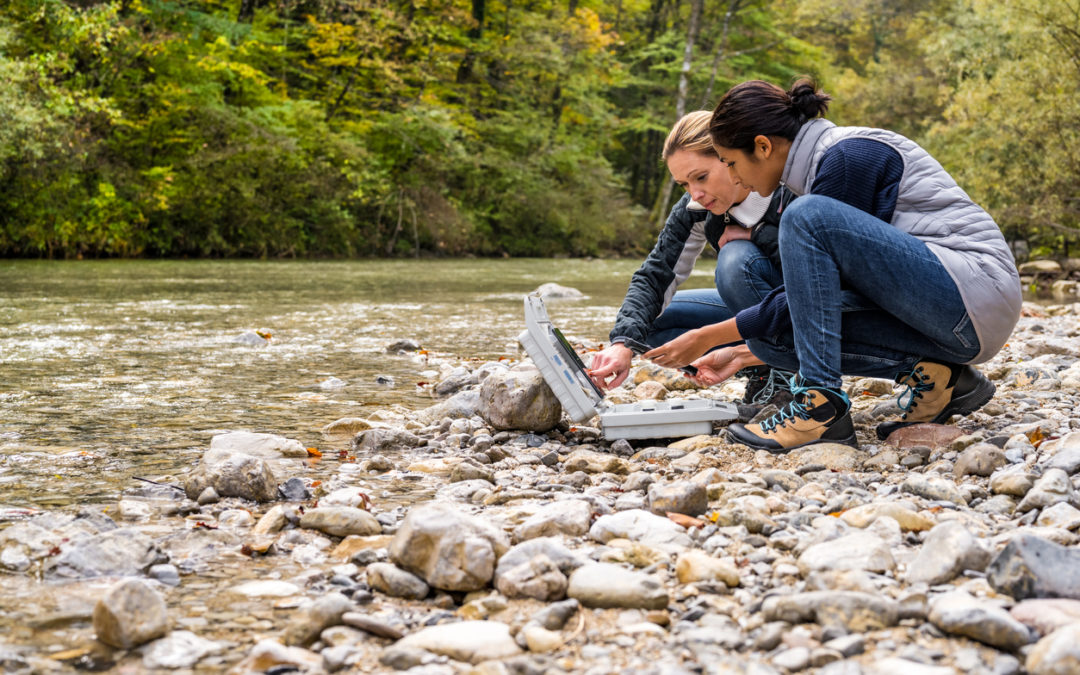Environmental Science integrates natural and social sciences to study how the environment and man-made processes interact with one another. It is an interdisciplinary field that incorporates ecology, chemistry, biology, hydrology, earth and soil sciences, atmospheric science, and natural resource management. In fact, almost every scientific discipline you can think of has a direct relationship to environmental science because the environment is all around us. Environmental scientists need this broad base of knowledge in order to analyze complex environmental issues across multiple perspectives. These complex environmental issues include climate change, conservation, biodiversity, water quality, soil and groundwater contamination, natural resources, waste management, development, disaster reduction, environmental restoration, and various pollutions.
Even though there may be some overlap and often used interchangeably, environmental science should not be confused with environmentalism or ecology. While environmental scientists certainly have the intention of helping to solve environmental problems, as a scientific discipline, it is primarily concerned with describing and explaining the “what and how” of the environment. Therefore, environmental scientists spend most of their time considering the scientific and quantitative aspects of a particular environmental issue. Environmentalism, on the other hand, is a broad philosophical and ideological social movement that intends to enact political, legal, and social change in order to solve environmental problems. While ecologists study organisms and their interactions with each other and the environment, environmental scientists study purely chemical or public health issues that ecologists are unlikely to study.
To learn more about environmental science and to access Ocean Connect’s wide range of educational and career resources, please visit our Environmental Science snapshot.

